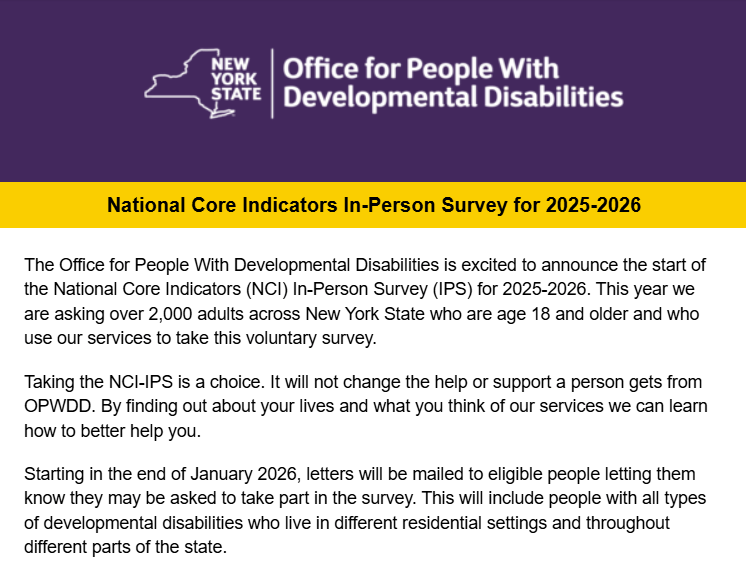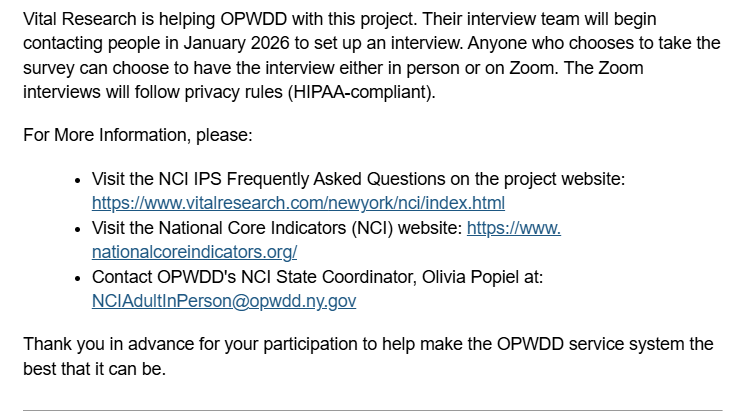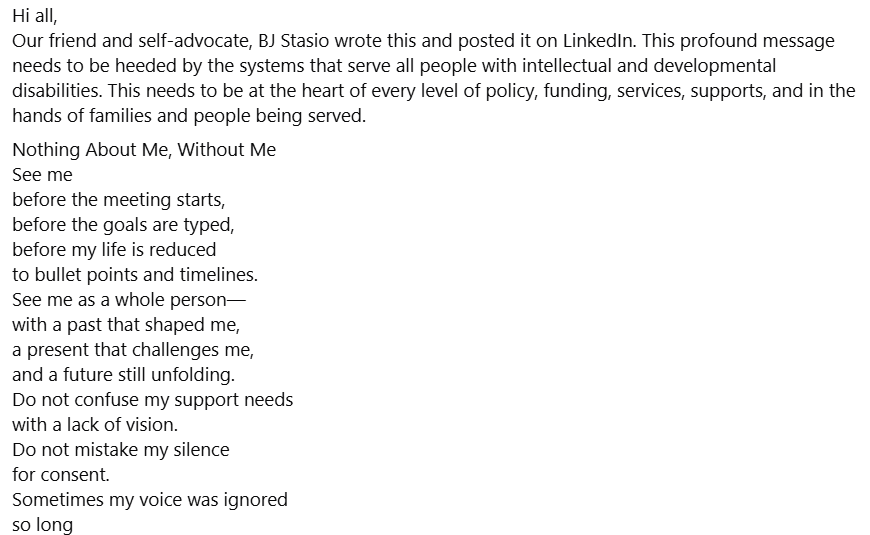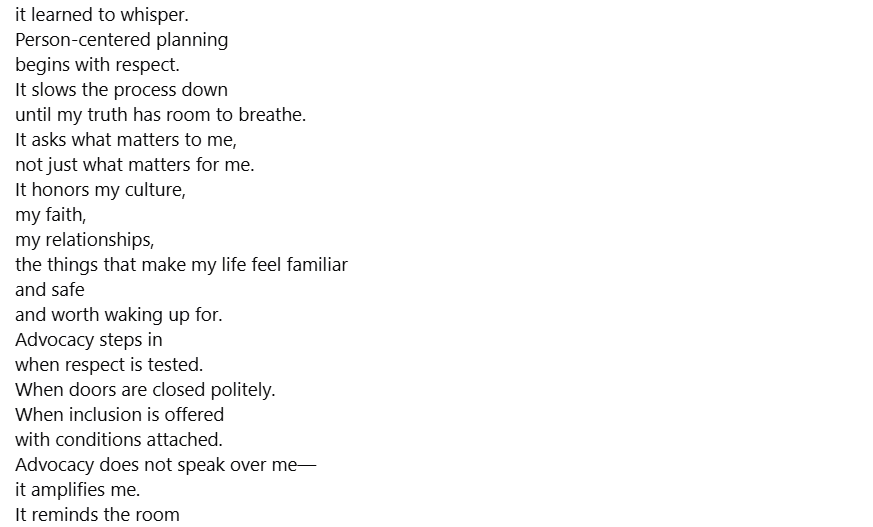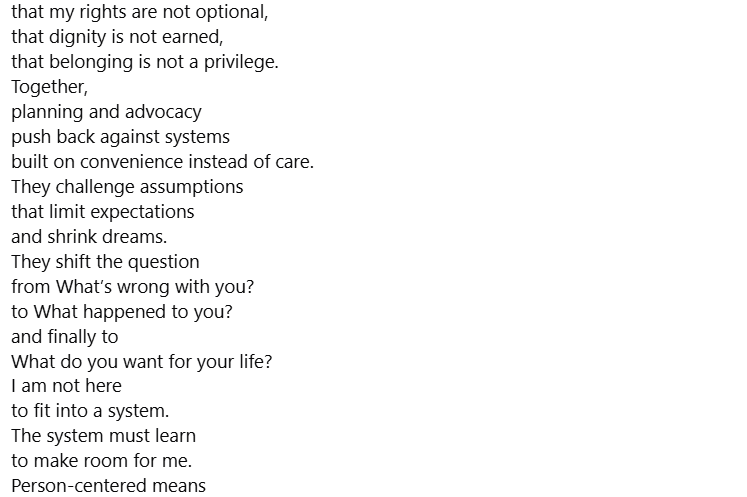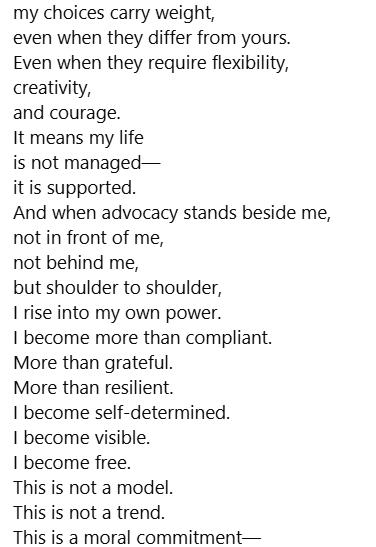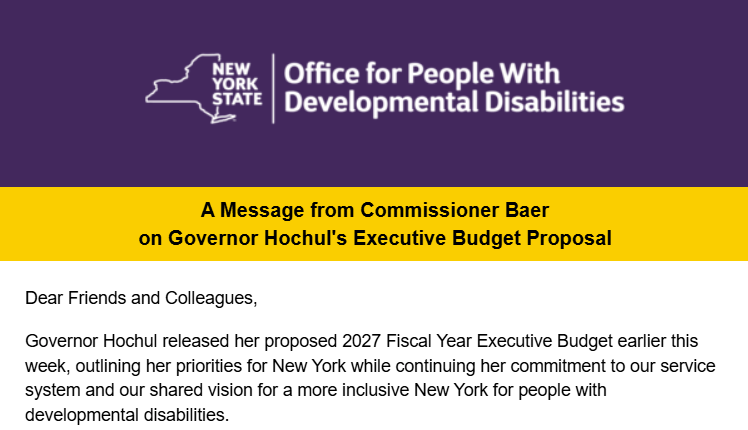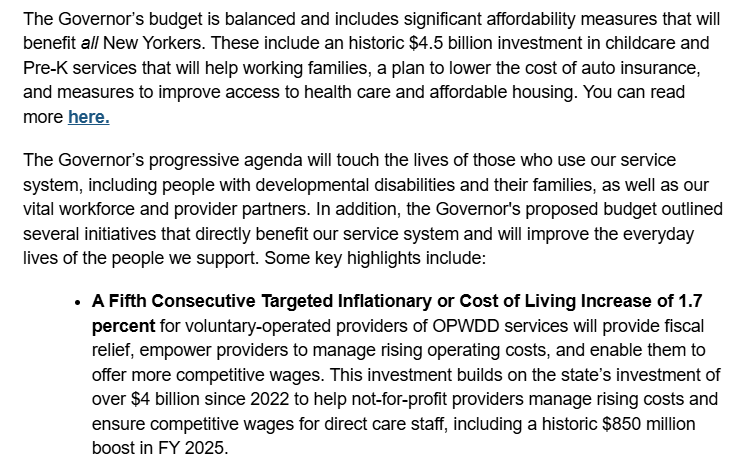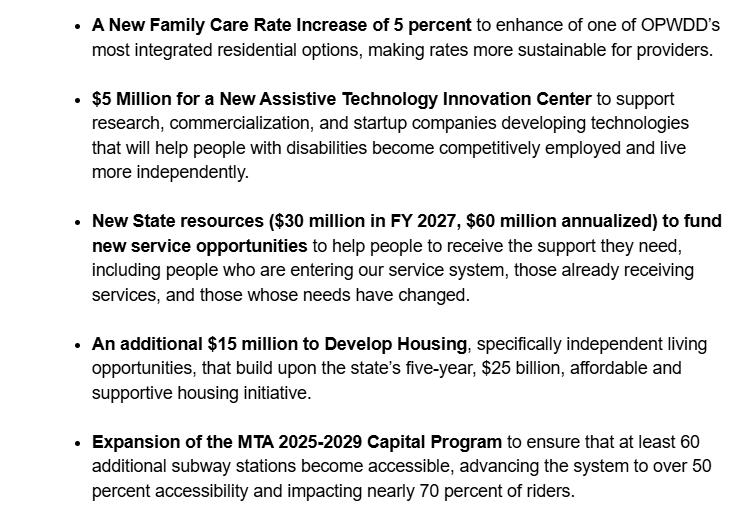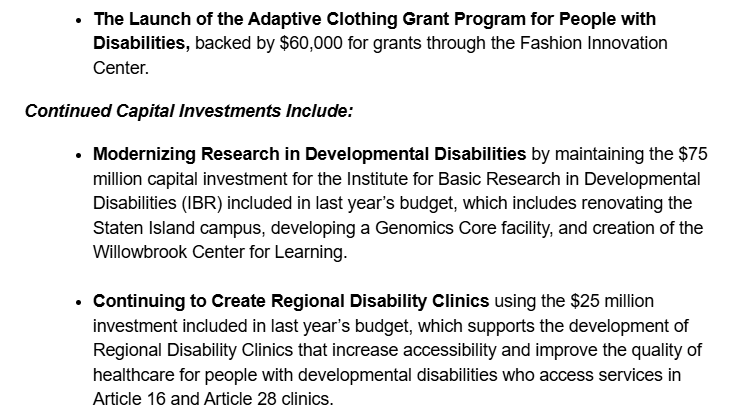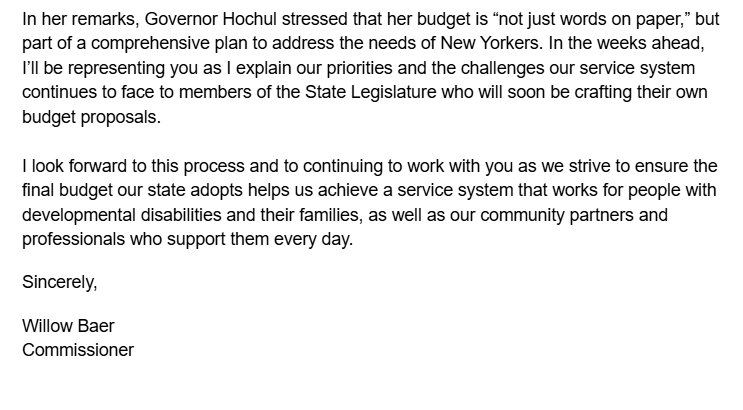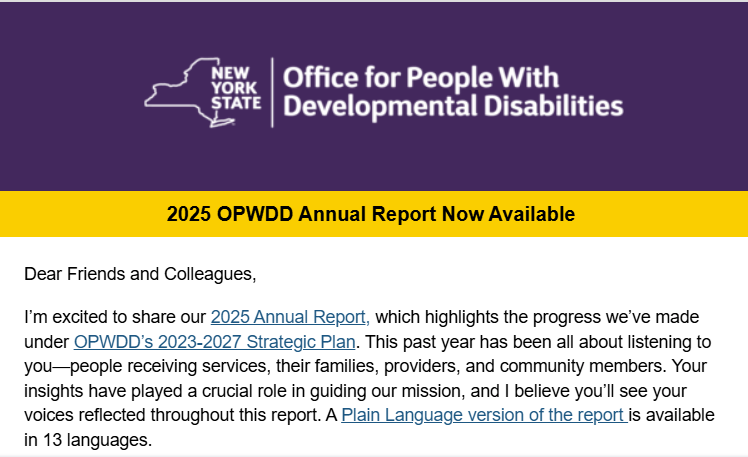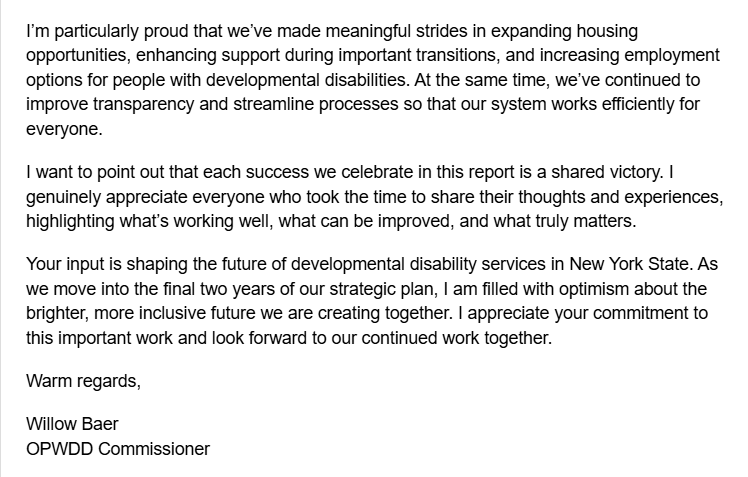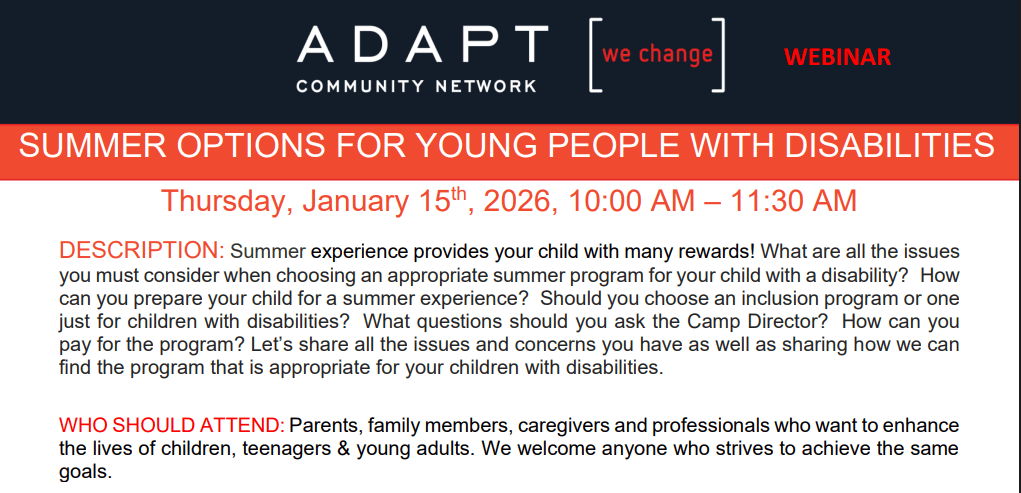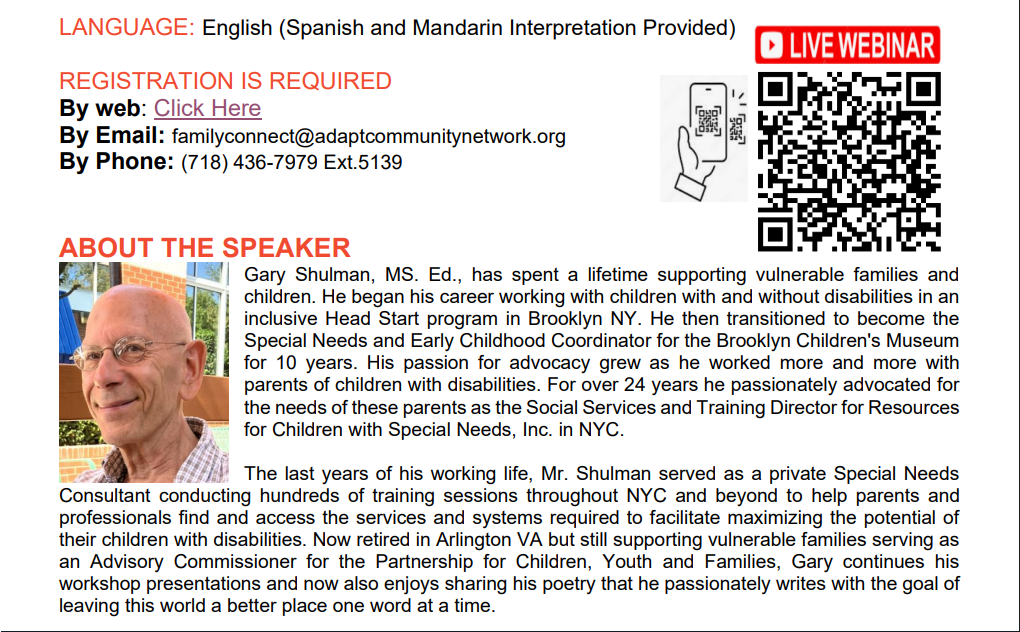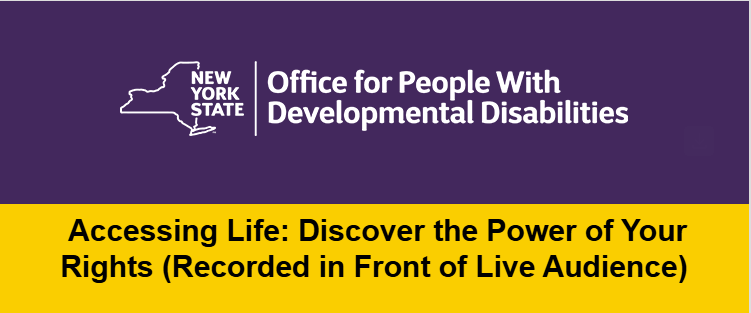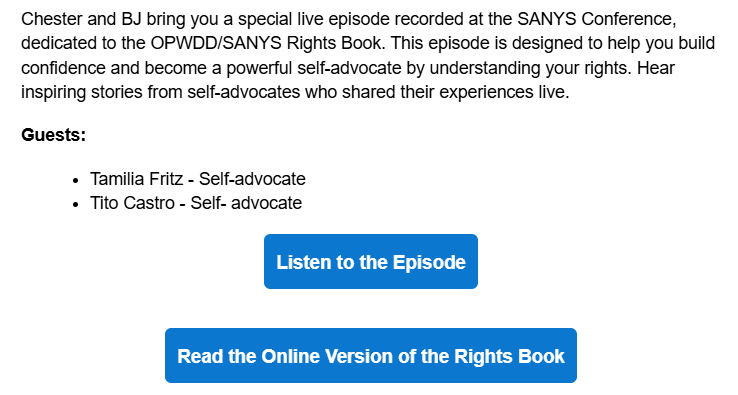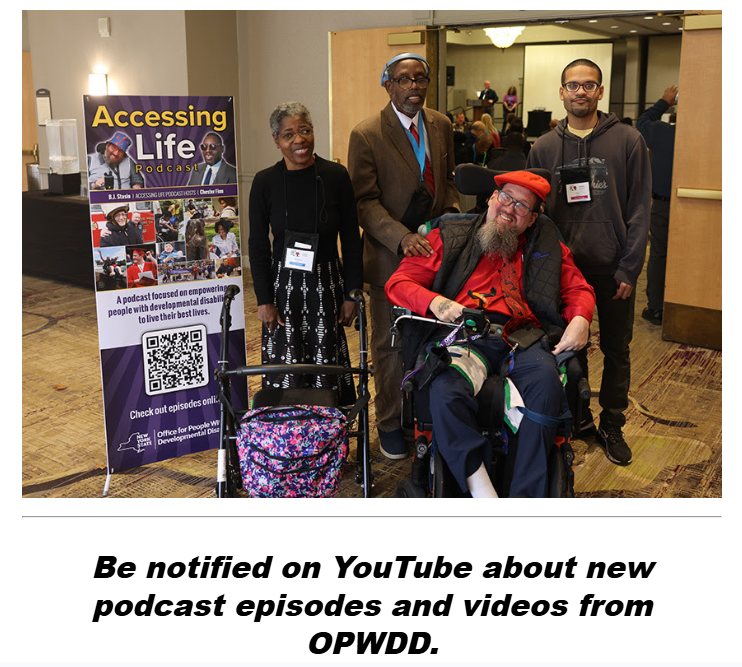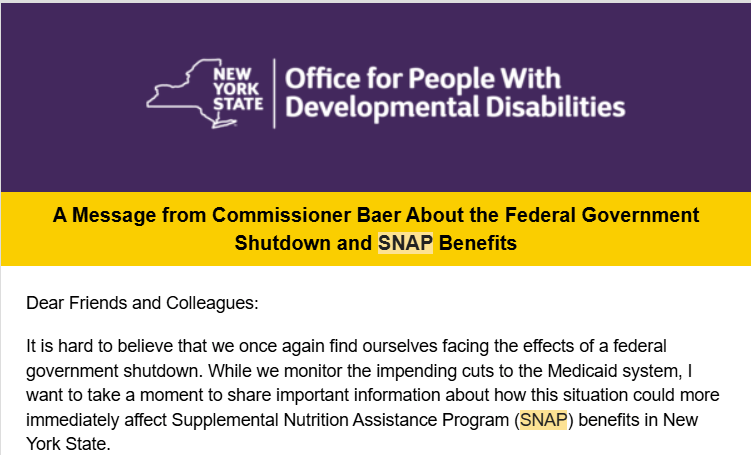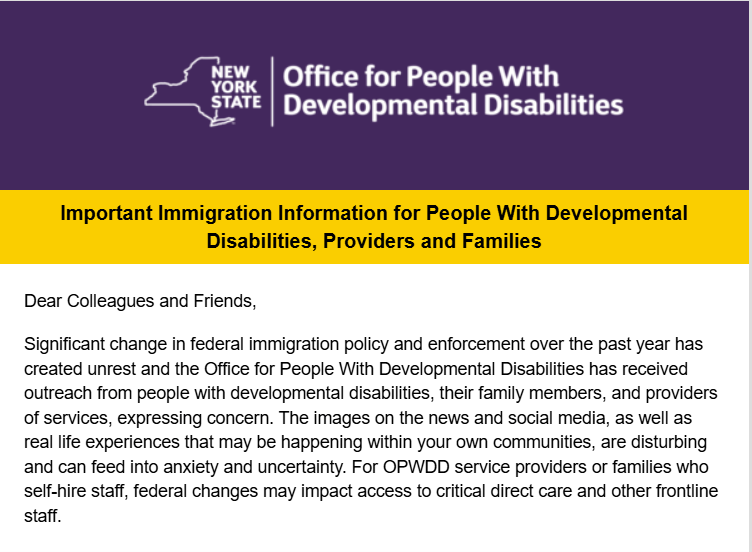
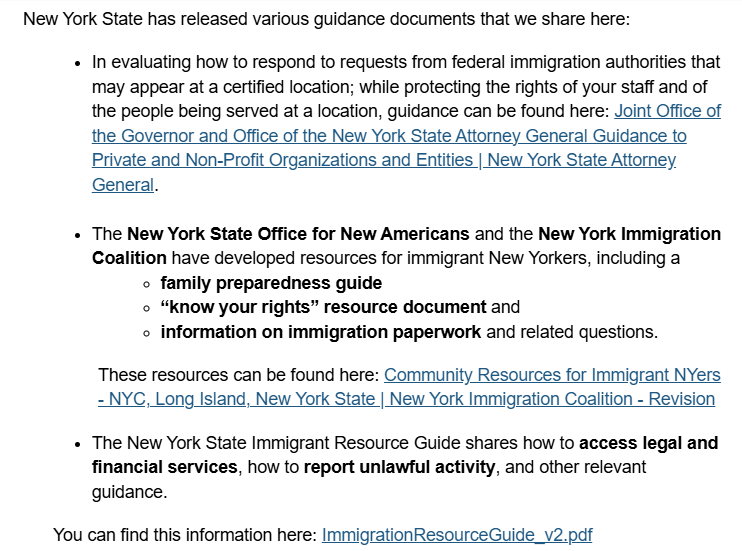
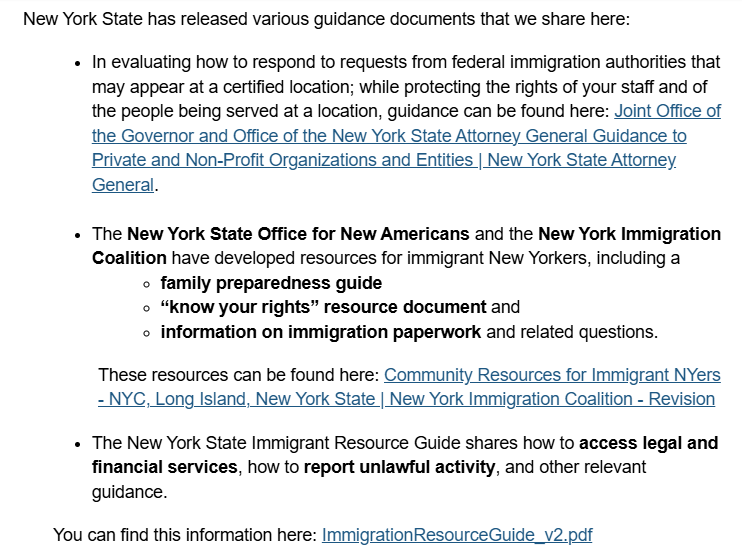
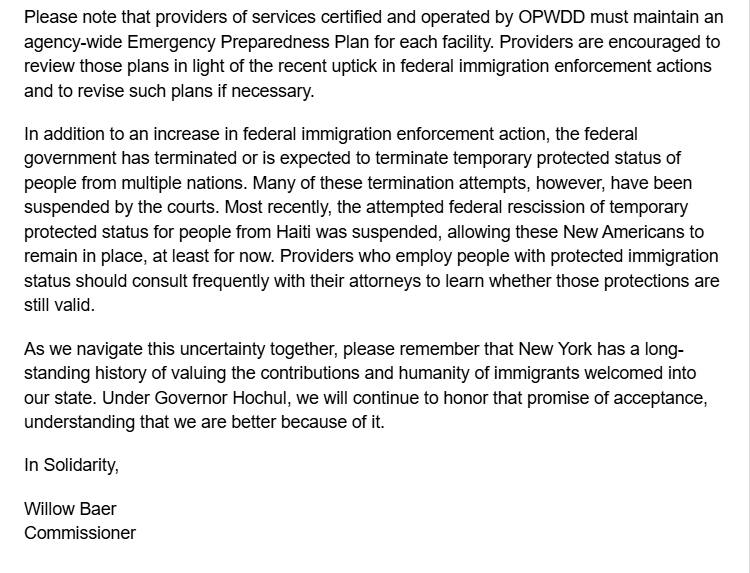
ENSURING THAT PEOPLE WITH INTELLECTUAL AND DEVELOPMENTAL DISABILITIES HAVE A VOICE, EVERY AND ANY DAY




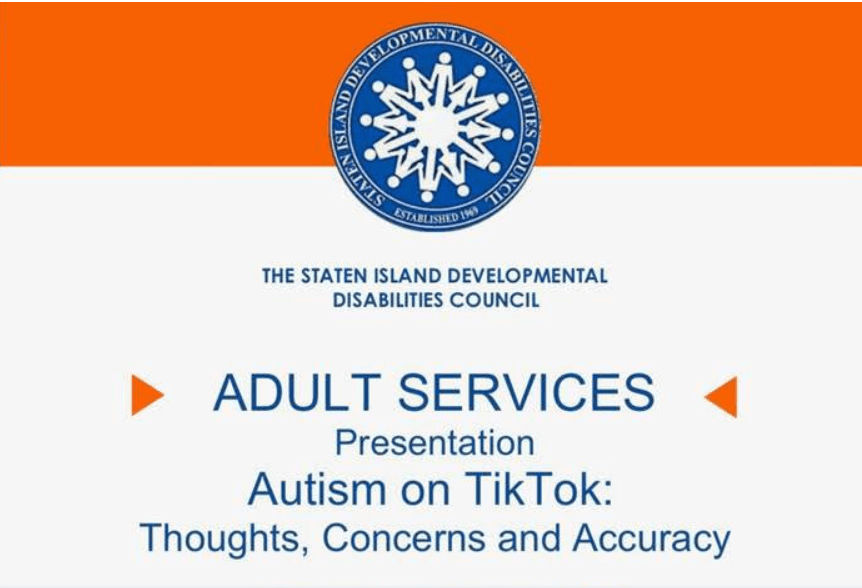


February 1, 2026
Emily Munson
Albany Times Union

Assemblyman Angelo Santabarbara, who leads the chamber’s committee on People with Disabilities and is the father of a nonverbal son who has autism, said parents of students with disabilities are afraid to send their kids to school after learning of the recent incidents in Salmon River and Schenectady.
ALBANY — Multiple lawmakers are calling for the state Legislature to take action after a school district in the North Country was found to have “timeout boxes” in elementary classrooms, saying New York Education Department regulations that were revised two years ago don’t go far enough to protect students.
In mid-December, photos were circulated of a wooden box with a door in an elementary school classroom, enraging parents who demanded to know whether students had been held inside and called for the resignation of school administrators. Since then, multiple district staff have been placed on leave. Also, the superintendent was replaced, criminal and civil investigations have been launched and legal action against the school district has been initiated.
Records obtained by the Times Union this week show the district built at least one of the “timeout boxes.”
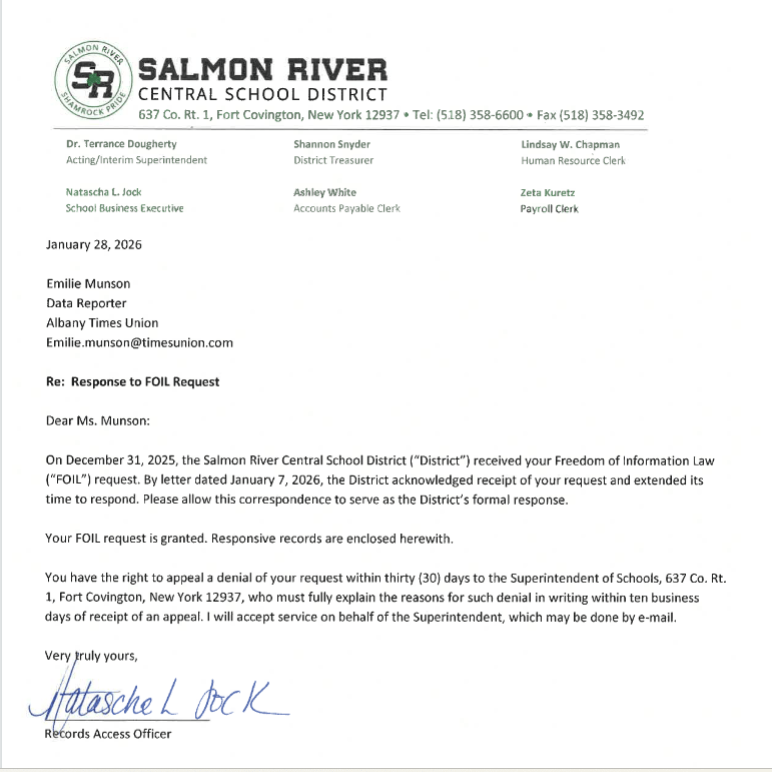


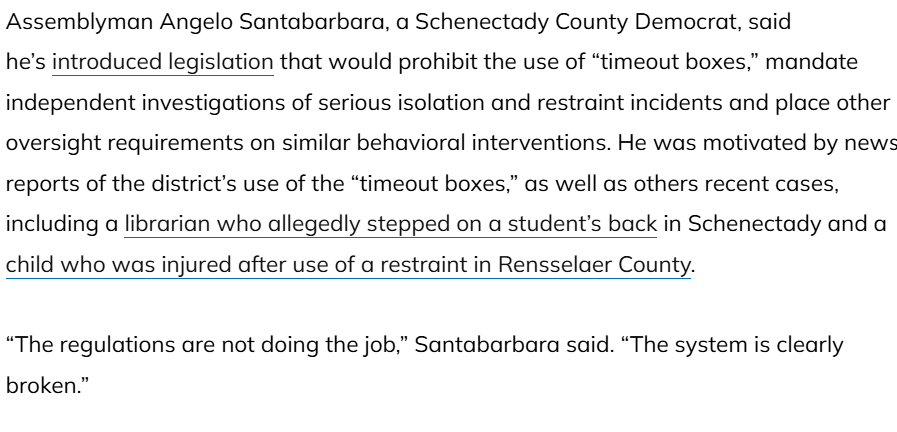
Assemblyman Andrew Hevesi, a Queens Democrat, also introduced a bill to ban “timeout boxes” in schools. Assemblyman Michael Cashman, a Democrat who represents the Salmon River Central School District where the “timeout boxes” were found, said he’d support such a bill and wanted “a complete and utter review” of state education regulations around these practices.
State Sen. Dan Stec, a Warren County Republican whose district includes Salmon River, said after the investigations into the “timeout boxes” are completed, the state Education Department should review their regulations and notify school districts what is and is not permitted. He’d likely support a bill to ban “timeout boxes,” he added.


Assemblyman Michael Benedetto, a Bronx Democrat who leads the Assembly’s Education Committee, said he hopes to discuss the proposed bills with the state Education Department and confer about next steps. “I certainly want to” do something, he said, noting he is “very sympathetic” to the legislation.
More than one lawmaker expressed fears that similar cases were happening undetected at other schools around the state
“I’m hoping whatever lessons are learned here no one is assuming that this isn’t happening anywhere else,” Stec said. “There might be others.”
RELATED: See how many restraint, timeout incidents your school had last year
In a small school district on the New York-Canadian border, many questions remain about how the Salmon River Central School District used what former Superintendent Stanley Harper said were three “timeout boxes” in the district’s elementary schools. Records released to the Times Union this week under the Freedom of Information Law shed new light on what unfolded.
During three trips to a local hardware store in late October and early November, school maintenance staff spent a few hundred dollars on plywood, 2×4 planks, hinges and a door pull, the records show. Then, the Salmon River Central School District appears to have built at least one “timeout box.”
School officials declined to say whether the district possessed any “timeout boxes” before early November, when the school appears to have constructed at least one, according to the records provided to the Times Union.
Other records released by the district this week show that students were physically restrained nine times last school year and at least 11 times this school year. Nearly all of those incidents involved elementary school students with disabilities. Most of the incidents resulted in injury to the staff or the student.
Although the Times Union requested all reports documenting incidents of restraints, timeout or seclusion in the district in the last two school years, no reports on timeout or seclusion were provided. That raises questions about whether the “timeout boxes” were used on any students or whether the district failed to document those cases in accordance with state education regulations.
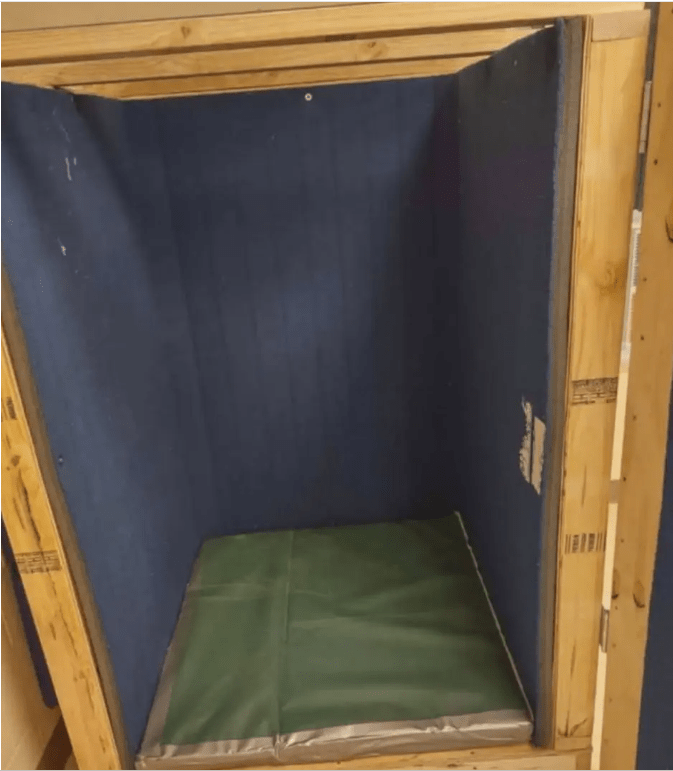
District officials said answering questions about these matters would jeopardize the ongoing investigations, including the district’s own review. That investigation is being lead by Kate Reid, an attorney at Bond, Schoeneck and King. The firm has conducted more than 20 interviews within the school community and expects to complete about 10 more, said acting Superintendent Terrance Dougherty. Reid’s goal is to conclude her investigation by the end of February.
In addition, Disability Rights New York, a nonprofit that conducts protection and advocacy work for the state, launched an investigation into the “timeout boxes” and the special education protocols in the district in mid-January, according to a letter obtained by the Times Union. Disability Rights New York sometimes files lawsuits in response to its investigative findings. The organization did not respond to a request for comment from the Times Union.
The state Education Department also has an active investigation into the district’s actions, it confirmed Friday, after multiple visits to the North Country school system in December.
“NYSED has a longstanding commitment to ensuring that every school in New York state is a safe, welcoming, and nurturing environment for all students,” said department spokeswoman Rachel Connors. “The situation at Salmon River falls short of that standard, and the department (is) actively investigating, while working with the school community to bring the district into full compliance with all applicable state and federal laws and regulations.”
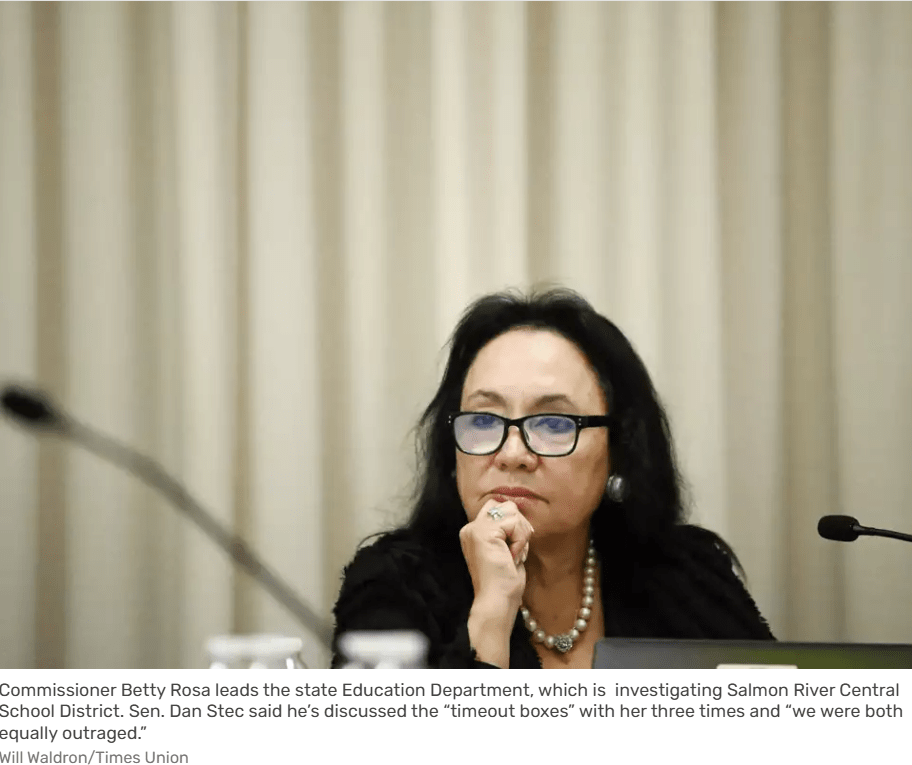
The Education Department revised its regulations around the use of restraint, timeout and seclusion in July 2023, after a Times Union investigation documented problems with public and private schools’ use of the methods on students experiencing behavioral crises. The new regulations banned seclusion, which it defined as isolating a child alone in a locked space. The Education Department has recently indicated it considers the “timeout boxes” a form of seclusion.
But the regulations permit the use of a “timeout,” which involves confining a student alone in a space where they are monitored and can leave at will. Often districts use “timeout rooms,” which can be closet-like spaces with padded walls, for this purpose.
As a result of the new regulations, school districts were required to report incidents of restraint, timeout and seclusion last school year to the state for the first time. New York schools reported over 20,000 incidents. These incidents predominantly involve students with disabilities receiving special education.
The father of a nonverbal son who has autism, Santabarbara said he’s heard from parents who are afraid to send their students to school because of the recent incidents in New York.
“The real question is this: how many things are happening that we don’t know anything about?” he said. “That’s why parents of kids with disabilities are calling me.”
